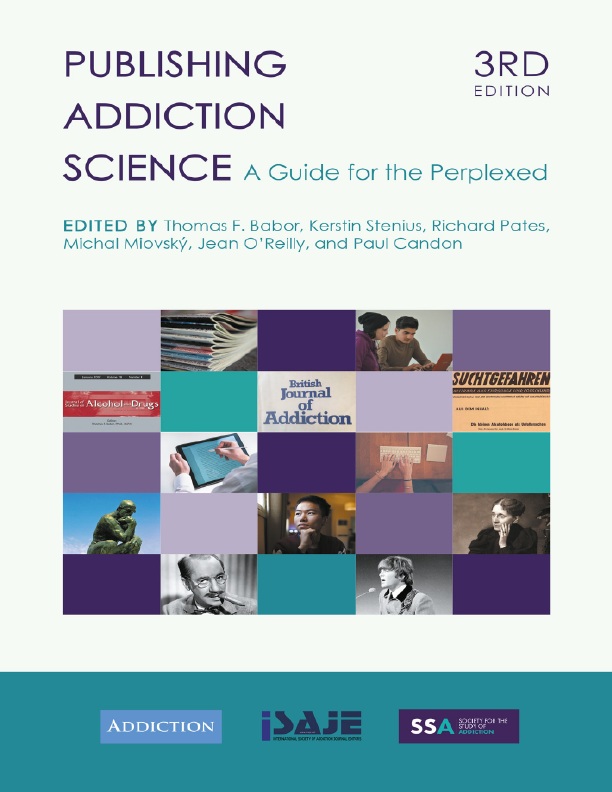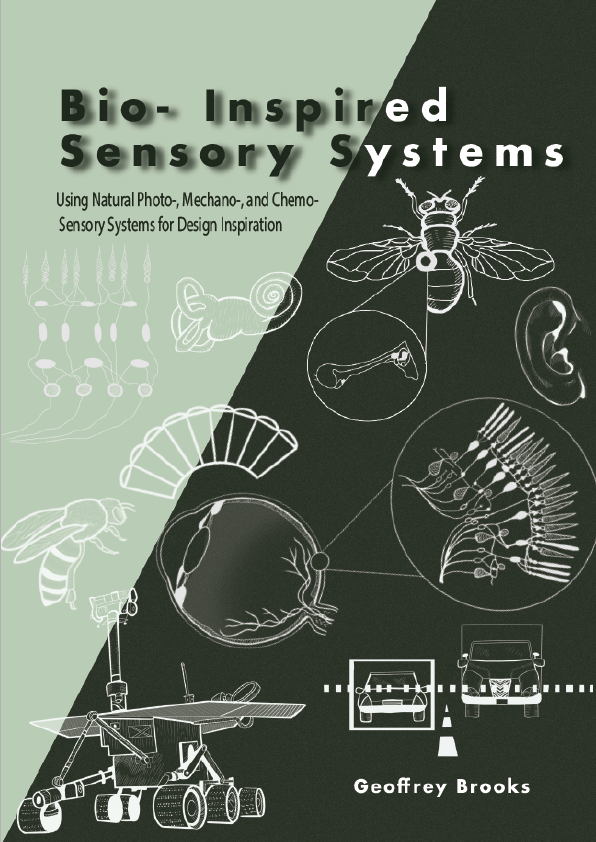Scientific research has been one of the great drivers of progress in human history, and the dramatic changes we have seen during the past century are due primarily to scientific findings—modern medicine, electronics, automobiles and jets, birth control, and a host of other helpful inventions. Psychologists believe that scientific methods can be used in the behavioral domain to understand and improve the world. Although psychology trails the biological and physical sciences in terms of progress, we are optimistic based on discoveries to date that scientific psychology will make many important discoveries that can benefit humanity. This module outlines the characteristics of the science, and the promises it holds for understanding behavior. The ethics that guide psychological research are briefly described. It concludes with the reasons you should learn about scientific psychology.
- Describe how scientific research has changed the world.
- Describe the key characteristics of the scientific approach.
- Discuss a few of the benefits, as well as problems that have been created by science.
- Describe several ways that psychological science has improved the world.
- Describe a number of the ethical guidelines that psychologists follow.
Scientific Advances and World Progress
There are many people who have made positive contributions to humanity in modern times. Take a careful look at the names on the following list. Which of these individuals do you think has helped humanity the most?
- Mother Teresa
- Albert Schweitzer
- Edward Jenner
- Norman Borlaug
- Fritz Haber
The usual response to this question is “Who on earth are Jenner, Borlaug, and Haber?” Many people know that Mother Teresa helped thousands of people living in the slums of Kolkata (Calcutta). Others recall that Albert Schweitzer opened his famous hospital in Africa and went on to earn the Nobel Peace Prize. The other three historical figures, on the other hand, are far less well known. Jenner, Borlaug, and Haber were scientists whose research discoveries saved millions, and even billions, of lives. Dr. Edward Jenner is often considered the “father of immunology” because he was among the first to conceive of and test vaccinations. His pioneering work led directly to the eradication of smallpox. Many other diseases have been greatly reduced because of vaccines discovered using science—measles, pertussis, diphtheria, tetanus, typhoid, cholera, polio, hepatitis—and all are the legacy of Jenner. Fritz Haber and Norman Borlaug saved more than a billion human lives. They created the “Green Revolution” by producing hybrid agricultural crops and synthetic fertilizer. Humanity can now produce food for the seven billion people on the planet, and the starvation that does occur is related to political and economic factors rather than our collective ability to produce food.











